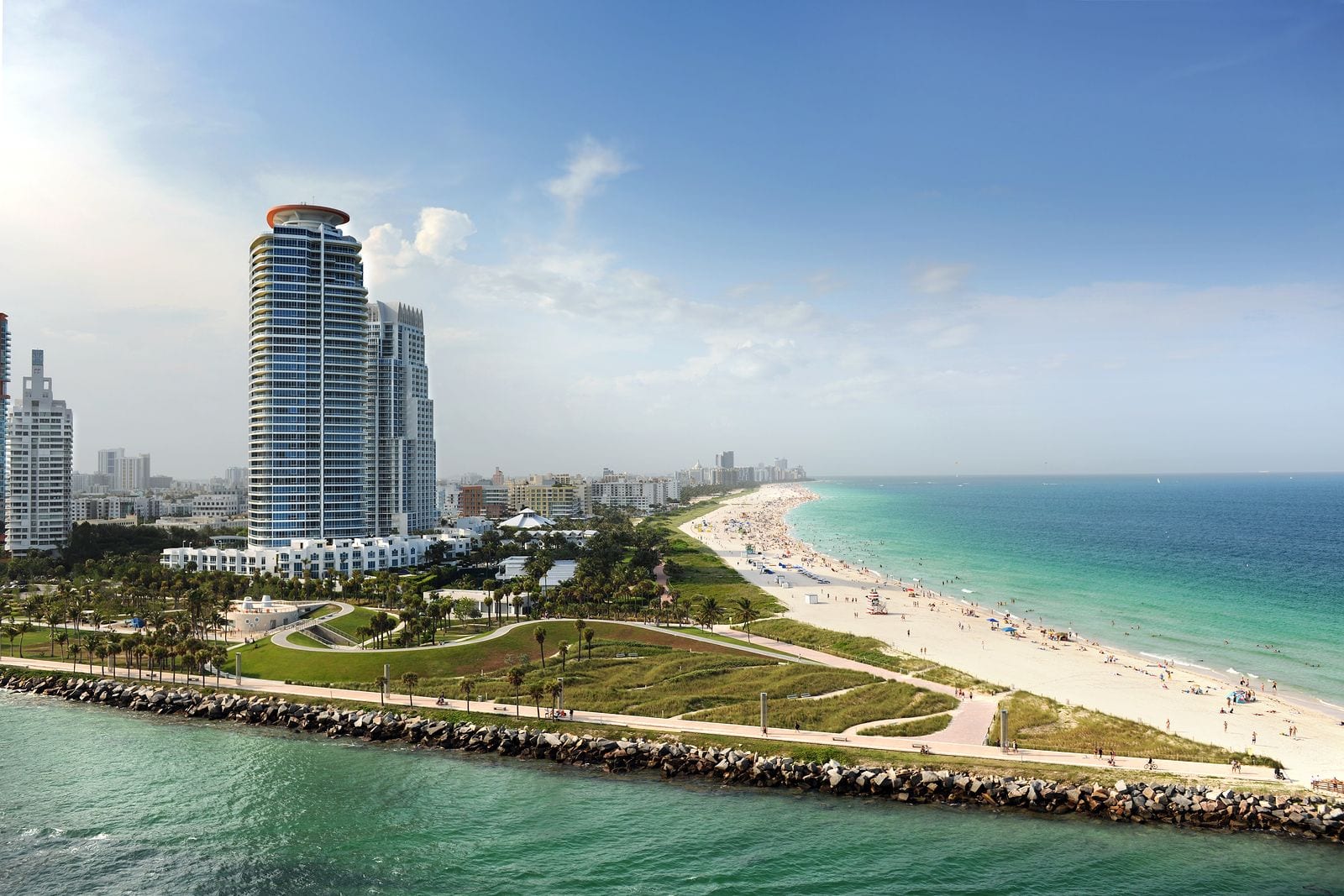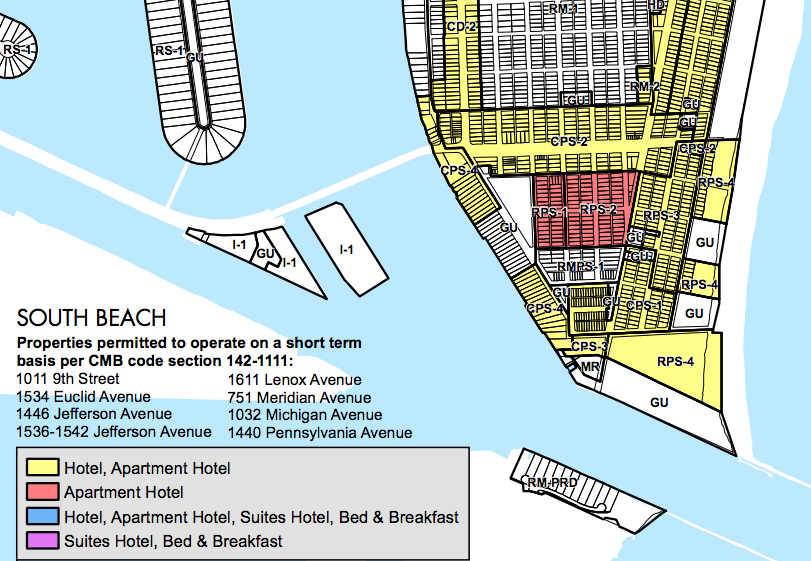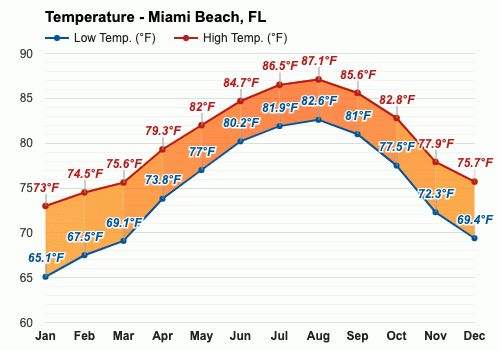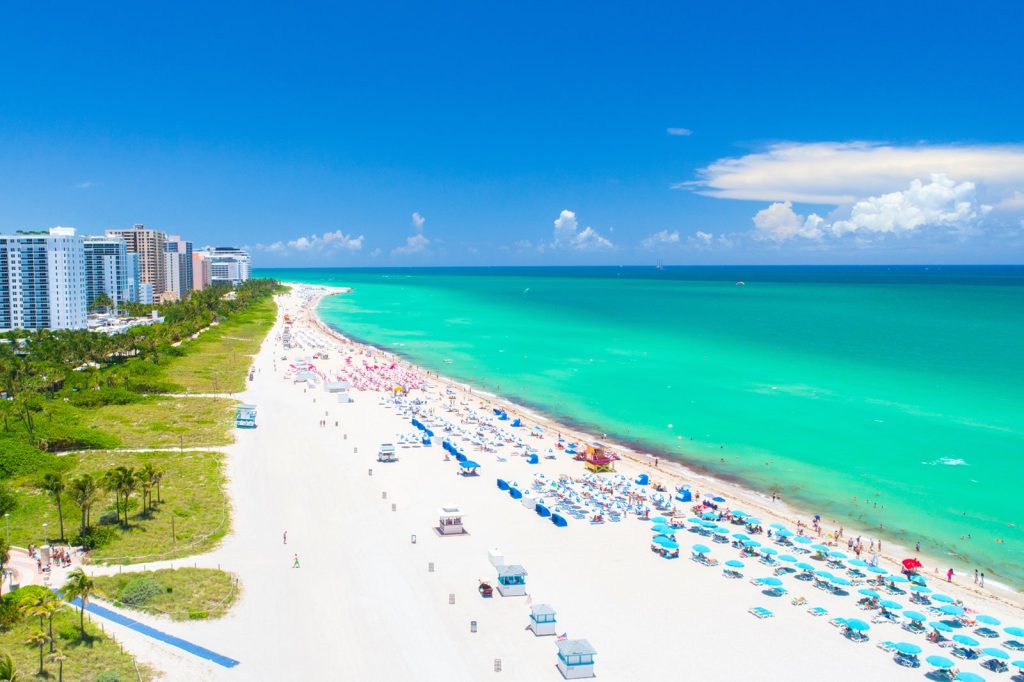Planning a trip to sunny Miami Beach? Before you start looking for accommodations, you might be wondering, “Is Airbnb legal in Miami Beach?” It’s a valid question, and one that many travelers have. In this article, we’ll dive into the legality of Airbnb in Miami Beach, so you can have a clear understanding of what to expect when booking your stay.
Miami Beach is a popular destination known for its beautiful beaches, vibrant nightlife, and stunning Art Deco architecture. With so many visitors flocking to the area, it’s no wonder that Airbnb has become a popular option for travelers looking for a unique and affordable place to stay. However, the legality of Airbnb rentals in Miami Beach has been a topic of debate in recent years. Some argue that it provides a boost to the local economy and gives homeowners the opportunity to earn extra income. On the other hand, critics express concerns about the impact on the housing market and the potential for noise and disruption in residential neighborhoods. So, what’s the verdict? Let’s find out together.
Yes, Airbnb is legal in Miami Beach, but with certain restrictions. The city has specific regulations regarding short-term rentals, including Airbnb listings. Hosts are required to obtain a business tax receipt and adhere to zoning regulations. Additionally, there is a limit on the number of rentals per property and the length of stay for guests. It’s important for hosts to familiarize themselves with these regulations to ensure compliance and avoid penalties. Overall, Airbnb can be a great option for travelers in Miami Beach, as long as hosts follow the rules.

Is Airbnb Legal in Miami Beach?
Miami Beach is a popular tourist destination known for its beautiful beaches, vibrant nightlife, and luxurious resorts. With its popularity, many visitors are looking for alternative accommodations, such as Airbnb rentals. However, before booking a stay in Miami Beach through Airbnb, it’s important to understand the legalities surrounding short-term rentals in the city.
The Legal Landscape of Airbnb in Miami Beach
Miami Beach has implemented strict regulations on short-term rentals, including those listed on Airbnb. In 2016, the city passed an ordinance that made it illegal to rent out an entire unit or apartment for less than six months and one day in most residential neighborhoods. This means that renting out a property on Airbnb for less than this time period is generally not allowed.
The ordinance was put in place to address concerns about noise, safety, and the impact on affordable housing options for residents. Violators of the ordinance can face hefty fines, ranging from a few hundred dollars to thousands of dollars per violation. Therefore, it is crucial for both hosts and guests to familiarize themselves with the regulations before engaging in any short-term rental activities in Miami Beach.
Exceptions to the Rule
While the general rule in Miami Beach is that short-term rentals are illegal, there are a few exceptions to this rule. Some areas in the city allow for limited short-term rentals, such as the South of Fifth neighborhood. Additionally, some condo buildings have their own regulations regarding short-term rentals, which may permit Airbnb stays. It is important to check with the specific condo association or building management to determine if short-term rentals are allowed.
It’s worth noting that even in areas where short-term rentals are permitted, hosts must still comply with certain requirements. These may include obtaining a business tax receipt, registering the property with the city, and adhering to specific safety and insurance regulations. Failure to comply with these requirements can result in penalties and legal consequences.
Penalties for Violating the Regulations
As mentioned earlier, violating the short-term rental regulations in Miami Beach can lead to significant penalties. The city has a dedicated team of code compliance officers who actively monitor and investigate potential violations. If a violation is confirmed, the property owner or host may receive a notice of violation and be required to pay fines, attend a hearing, or even face criminal charges in extreme cases.
It’s important to understand that the responsibility for complying with the regulations rests with both the property owner and the guest. Guests who choose to stay in an Airbnb rental that is in violation of the city’s regulations may also face consequences, including being asked to vacate the property, losing their booking, or being subjected to fines.
Enforcement Efforts and Future Outlook
The city of Miami Beach has been actively enforcing the short-term rental regulations to ensure compliance. The goal is to maintain the quality of life for residents while balancing the needs of the tourism industry. The enforcement efforts include increasing fines, implementing stricter penalties, and collaborating with short-term rental platforms like Airbnb to address any violations.
Looking ahead, the future of Airbnb and other short-term rental platforms in Miami Beach remains uncertain. The city continues to evaluate and update its regulations to adapt to the changing landscape of the sharing economy. It is important for both hosts and guests to stay informed about any updates or changes to the regulations to avoid any legal issues.
In summary, while Airbnb and other short-term rentals are popular in Miami Beach, it is crucial to understand and comply with the city’s regulations. Renting out an entire unit for less than six months and one day in most residential neighborhoods is generally illegal. However, there are exceptions in certain areas and condo buildings. It is essential to familiarize yourself with the regulations and requirements to avoid penalties and legal consequences.
Key Takeaways: Is Airbnb Legal in Miami Beach?
- Airbnb rentals in Miami Beach are currently illegal in most residential areas.
- However, certain areas of Miami Beach do allow short-term rentals through Airbnb.
- Strict regulations and enforcement are in place to prevent illegal rentals and protect the housing market.
- Violators can face fines and legal consequences for operating illegal Airbnb rentals.
- It’s important to check the specific regulations and requirements before renting through Airbnb in Miami Beach.
Frequently Asked Questions
What are the regulations on Airbnb in Miami Beach?
In Miami Beach, there are regulations in place regarding the use of Airbnb and other short-term rental platforms. According to the city’s regulations, short-term rentals are only allowed in certain areas and under specific circumstances. It is important for hosts and guests to familiarize themselves with these regulations to ensure compliance and avoid any potential penalties or legal issues.
The regulations in Miami Beach include requirements such as obtaining a license for short-term rentals, limiting the number of days a property can be rented out, and ensuring that the property meets certain safety and health standards. Hosts are also required to collect and remit taxes on rentals. Failure to comply with these regulations can result in fines and other penalties.
How can I find out if my Airbnb rental is legal in Miami Beach?
To determine if your Airbnb rental is legal in Miami Beach, you can start by checking the city’s official website or contacting the local government authorities responsible for regulating short-term rentals. They will be able to provide you with information on the specific regulations and requirements that apply to your property.
It is also a good idea to consult with a legal professional or real estate agent who is familiar with the local regulations. They can help you navigate the process and ensure that your rental is in compliance with the law. Remember, it is always better to be proactive and ensure that you are operating within the legal framework to avoid any potential issues in the future.
What are the penalties for operating an illegal Airbnb in Miami Beach?
Operating an illegal Airbnb in Miami Beach can result in significant penalties and consequences. The city takes violations of the short-term rental regulations seriously and has implemented measures to enforce compliance.
Penalties for operating an illegal rental can include fines, revocation of licenses, and even criminal charges in some cases. It is important to understand and adhere to the regulations to avoid these potential penalties and legal issues. By operating within the law, you can ensure a positive experience for yourself and your guests.
Can I rent out my entire home on Airbnb in Miami Beach?
In Miami Beach, the regulations regarding renting out your entire home on Airbnb can vary depending on the specific circumstances and location of your property. It is important to consult the city’s regulations and guidelines to determine if your property is eligible for short-term rentals.
Some areas in Miami Beach have restrictions on renting out entire homes, while others may have specific requirements that need to be met. By familiarizing yourself with the regulations and seeking guidance from local authorities or professionals, you can ensure that you are in compliance with the rules and regulations.
What should I do if I want to rent out my property on Airbnb in Miami Beach?
If you are interested in renting out your property on Airbnb in Miami Beach, there are several steps you should take to ensure compliance with the regulations. First, familiarize yourself with the city’s guidelines and requirements for short-term rentals.
Next, obtain any necessary licenses or permits, and ensure that your property meets the safety and health standards set by the city. It is also important to collect and remit any applicable taxes on your rental income. Finally, consider consulting with a legal professional or real estate agent who can provide guidance and support throughout the process.

Going Undercover At Illegal Airbnb Rentals In Miami Beach
Final Summary: Is Airbnb Legal in Miami Beach?
After diving into the topic of whether Airbnb is legal in Miami Beach, it’s clear that the regulations surrounding short-term rentals can be quite complex. While Airbnb itself operates in the city, it’s important for hosts and guests to be aware of the specific rules and restrictions that apply.
In conclusion, renting out your property on Airbnb in Miami Beach can be done legally, but it requires careful attention to the local laws and regulations. It’s crucial to obtain the proper permits and licenses, adhere to occupancy limits, and ensure that the property is in compliance with safety standards. By doing so, hosts can enjoy the benefits of sharing their space while providing a positive experience for guests. However, it’s always recommended to stay informed about any changes or updates in the regulations to avoid any legal issues. So, if you’re considering becoming an Airbnb host in Miami Beach, make sure to do your research and stay up to date with the latest guidelines.




